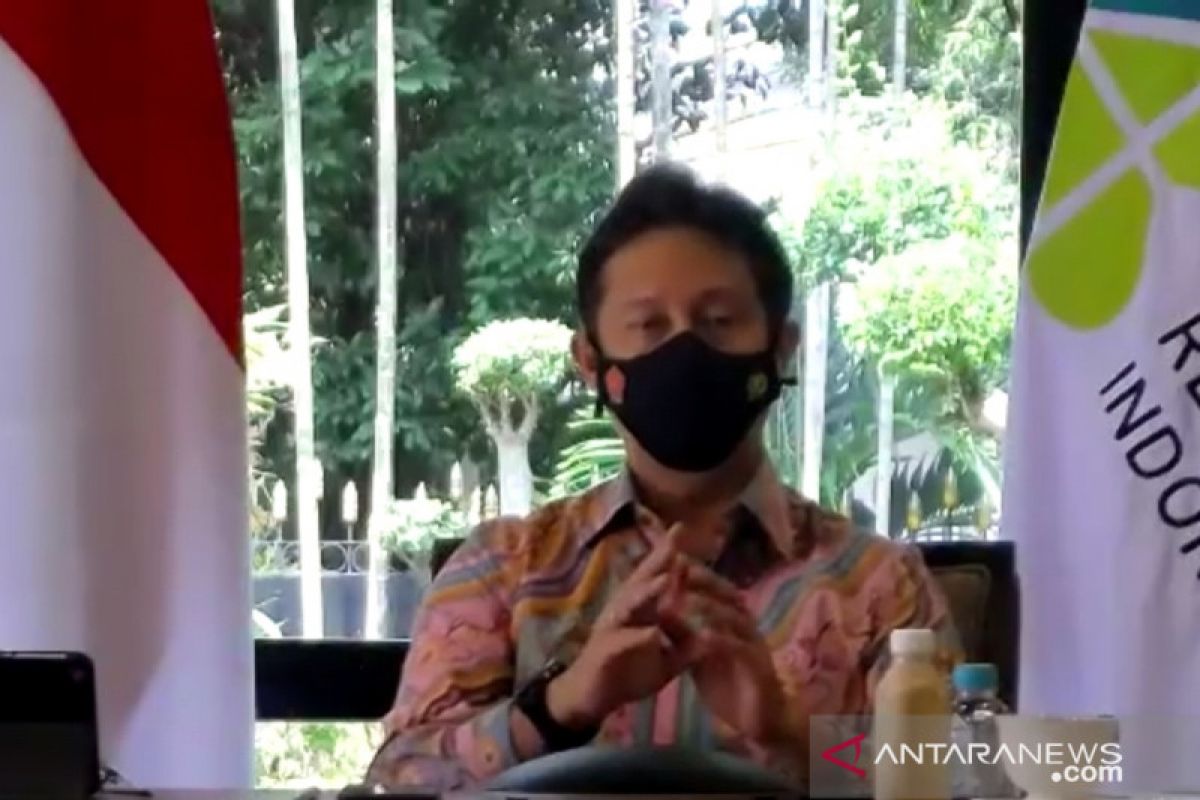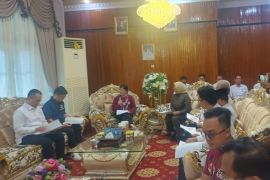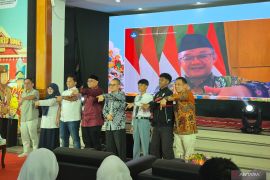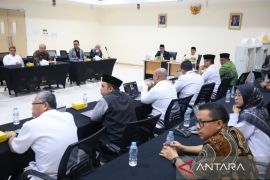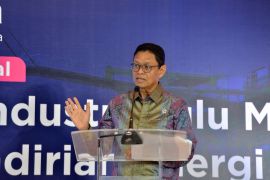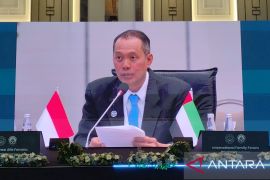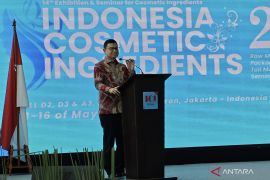Hence, we will scale up tests to 15 out of every one thousand citizens in areas or clusters that have high a positivity rate. The test priority will be improved for epidemiological test instead of screening test.Jakarta (ANTARA) - The government has adopted three strategies to prevent people from being exposed to COVID-19 during the emergency public activity restriction (PPKM) for Java and Bali on July 3-30, 2021, Health Minister Budi Gunadi Sadikin stated.
The three strategies are first, adjusting behavior to emergency PPKM; detecting suspected patients through testing, tracing and treatment (3T) activities; and accelerating COVID-19 vaccination, Sadikin remarked during an online press briefing in Jakarta on Thursday.
Adjusting behavior to emergency PPKM encompasses wearing face masks, washing hands with soap, and maintaining a physical distance, the minister noted.
The government will step up testing and tracing activities by up to four folds from now onwards in the same way as other countries recording a surge in COVID-19 active cases, he pointed out.
To that end, the government will ramp up tests to 400 thousand-500 thousand samples per day, from 100 thousand samples per day earlier, Sadikin stated.
"We have issued guidance in accordance with the WHO standard," he remarked.
Related news: COVID-19: Govt to test 324,283 people daily during emergency PPKM
If the positivity rate is less than five percent, then only one out of every one thousand citizens will be tested per week. If the positivity rate is above five percent and less than 15 percent, then the minimum test ratio will be five out of every one thousand citizens per week.
If the positivity rate is above 15 percent and less than 25 percent, then 10 out of every one thousand citizens will be tested per week. If the positivity rate is above 25 percent, then 15 out of every one thousand citizens will be tested per week.
The increase in the number of tests must continue to follow the right test strategy that accords priority to suspected patients and people that came in close contact with confirmed COVID-19 patients.
All people, who have come in close contact with confirmed COVID-19 people, must be tested and quarantined, he stated.
The minister remarked that the screening of people that are asymptomatic and have not come in close contact with COVID-19 patients is not the priority activity of the government's test strategy.
The antigen rapid diagnostic test (RDT) will only be used as a diagnostic tool in the event of limited resources, Sadikin stated.
"Hence, we will scale up tests to 15 out of every one thousand citizens in areas or clusters that have high a positivity rate. The test priority will be improved for epidemiological test instead of screening test. Hence, we will make serious efforts to trace suspected patients and people that came in close contact with COVID-19 patients," the minister affirmed.
The government will tighten quarantine for all people that came in close contact with COVID-19 patients as part of the precautionary measures against transmission.
Related news: Travelers necessitated to hold vaccination cards during emergency PPKM
.
Translator: Virna P Setyorini/Suharto
Editor: Rahmad Nasution
Copyright © ANTARA 2021
